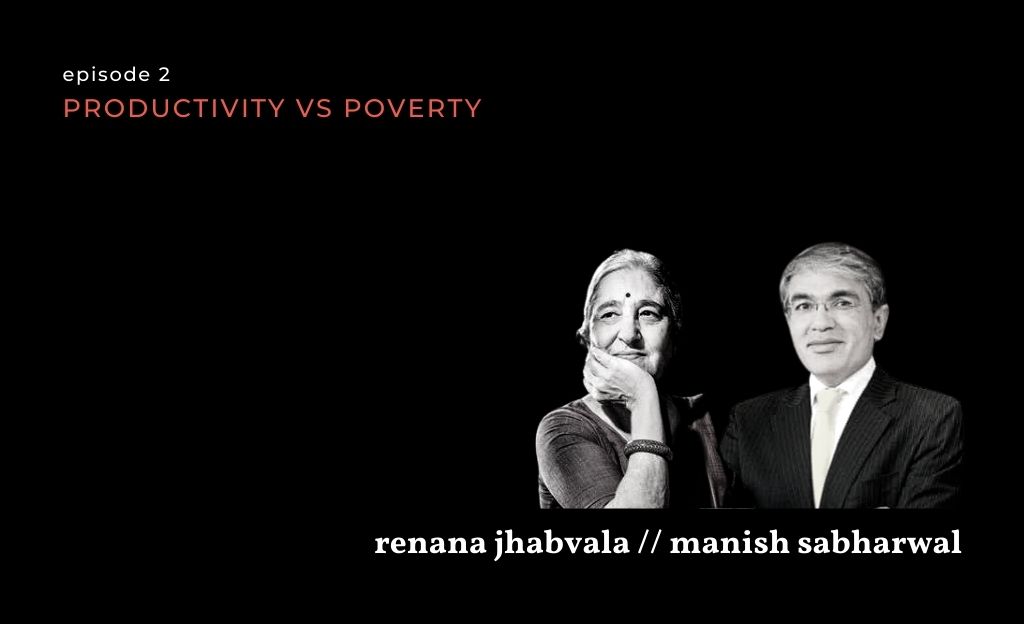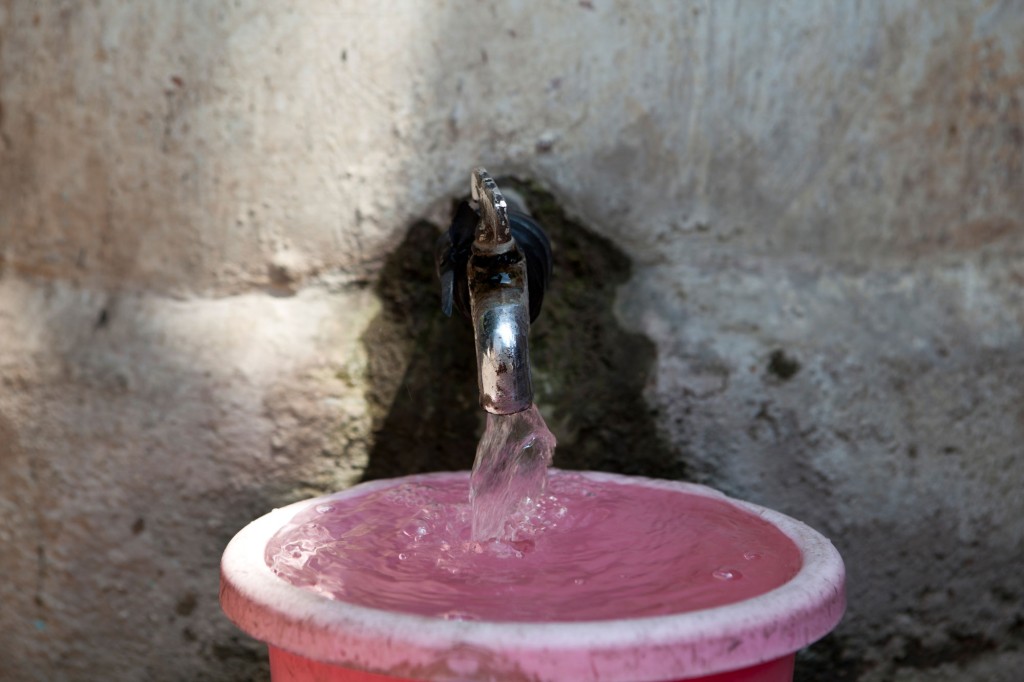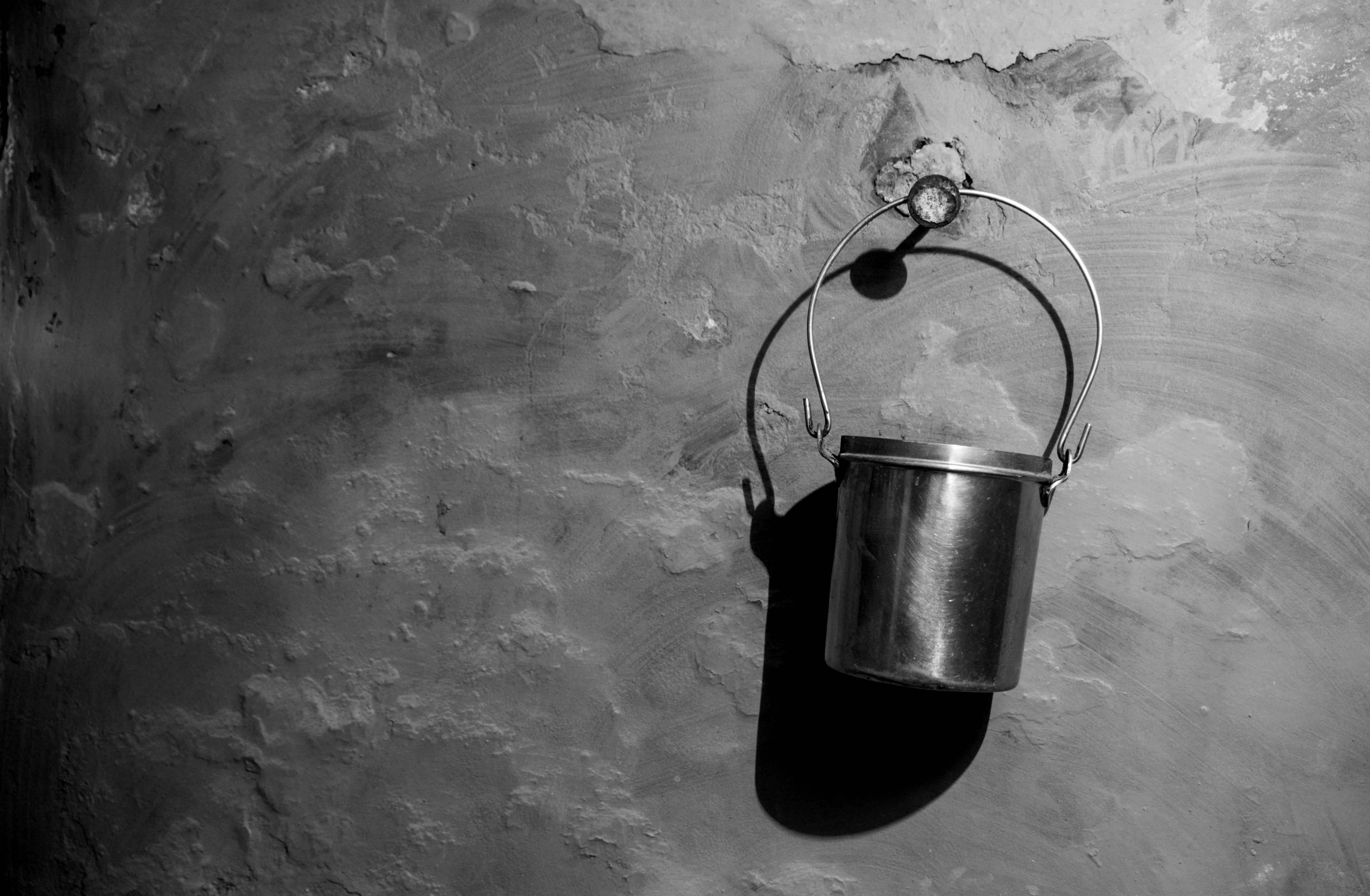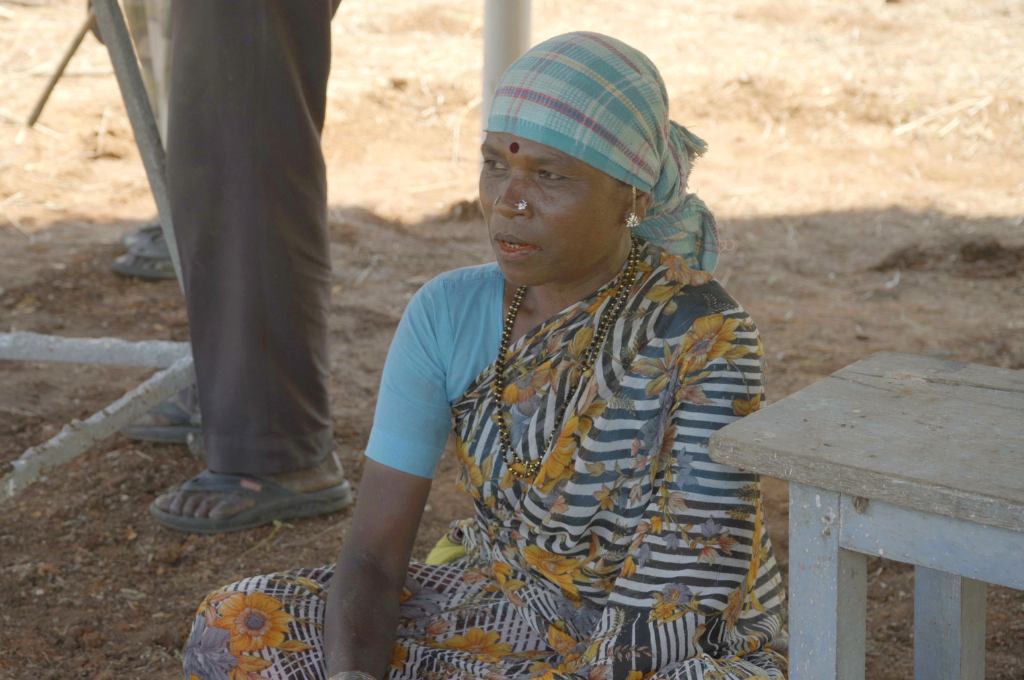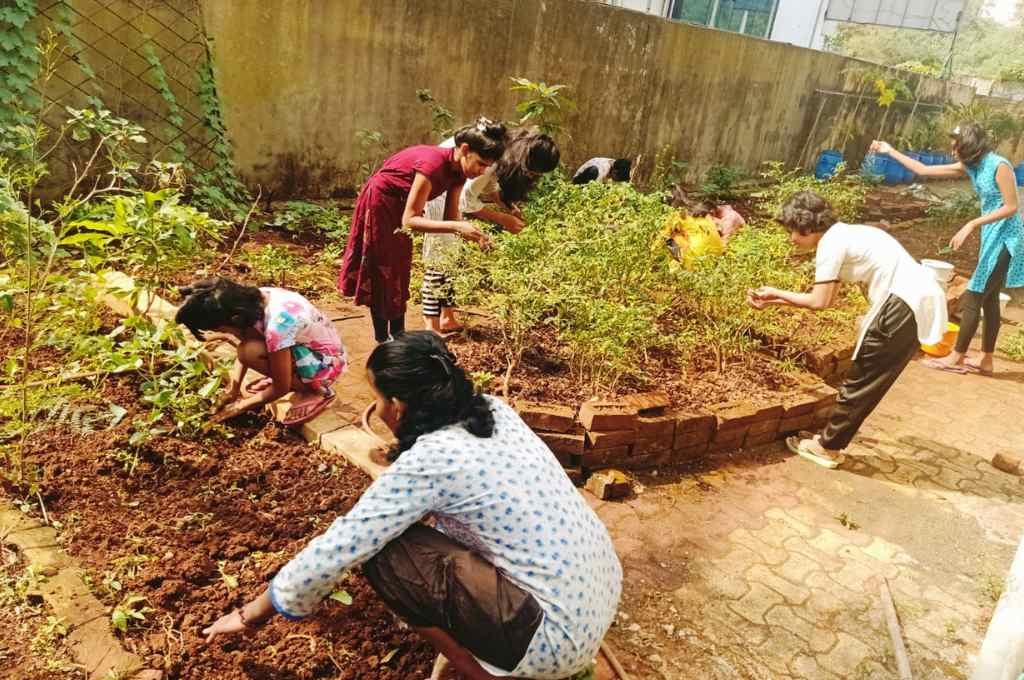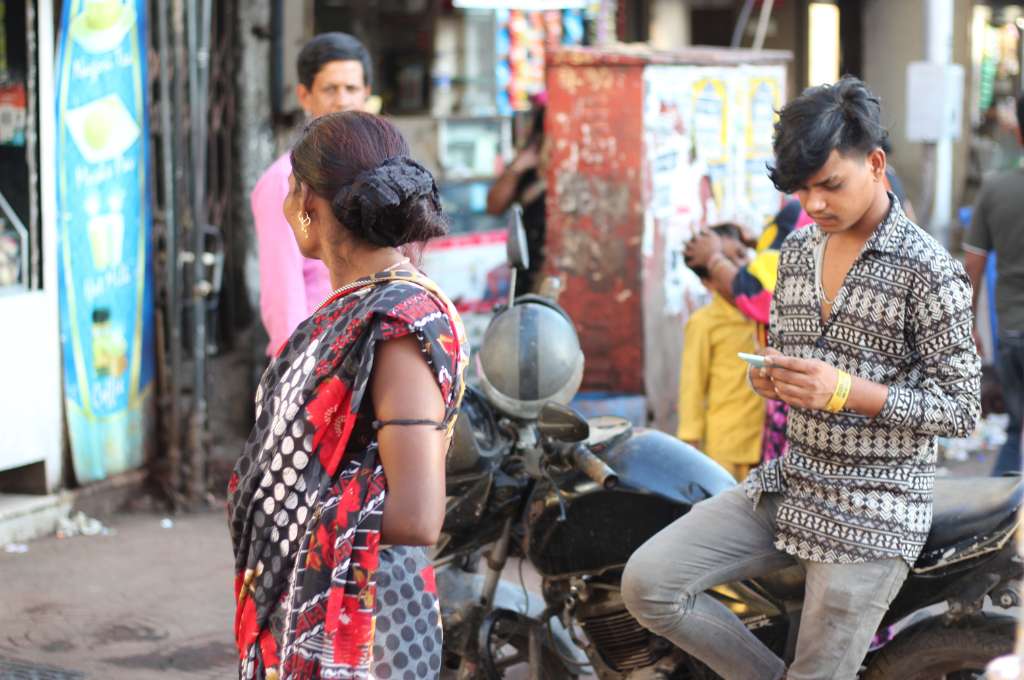Yashica Dutt is a journalist and has written on a broad range of topics including fashion, gender, identity, culture, and caste. She is also the author of ‘Coming out as Dalit’—a memoir of her life, which recently won the Sahitya Akademi Yuva Puraskar (India’s National Academy of Letters’ Young Writers Award), 2020. Ashif Shaikh is an Indian social activist, known for his role in Rashtriya Garima Abhiyan, a campaign for the eradication of manual scavenging. He is also a co-founder of Jan Sahas, a human rights organisation that has been working to end caste- and gender-based slavery and violence through the eradication of manual scavenging, caste-based sex work, forced labour, and trafficking.
Edited excerpts from the episode:
Ashif Shaikh
“I just wanted to share two points. The first point is, each and every woman in India, or in the world, wants dignity and respect, and equality. But as far as Dalit women are concerned, they are facing multiple levels of challenges or vulnerabilities, as compared to any other woman. Their vulnerability is very high, because of gender-based discrimination and violence; because of caste-based discrimination and violence; because of poverty, because the whole system is not supporting women who come from the Dalit community. That’s one thing.
The second thing is that millions of Dalit women are engaged in manual scavenging. Many women and young girls from the Bedia Bachda communities are engaged in caste-based commercial sexual exploitation. Many women and girls are bonded labourers. So basically, caste, gender, and caste-based occupations or practices play a very crucial role in increasing the vulnerability of Dalit women in India. And actually, in that context, they require a different kind of support to overcome their challenges and reduce their vulnerability and discrimination.”
“When I started my work with manual scavenger women, I realised something. When we said, ‘You can liberate yourself from this practice’, it was very difficult to convince them because these women said, that’s my work. ‘Yeh mera kaam hai’, I don’t want to leave my job. So it’s very difficult to say what Dalit women want. In some places, like when we work with survivors of rape and sexual violence, they say, ‘Mujhe jeena hai sirf, mujhe jeene do’ (I just want to live; let me live). So I think dignity, respect, and equality are a very advanced level of needs. So I think it’s very difficult and tough to say what Dalit women want. But I think the most important thing for society is that, we need to ensure these women get equality, justice, and their rights. And it’s very difficult because most of the time, when we discuss these kind of issues within the larger society, we say, ‘Yeh unki ladai haiu, woh ladenge’ (This is their fight, they will fight it). But nobody cares about the women.”
Yashica Dutt
“Dalit women don’t want dignity, dalit women don’t want sympathy, or respect. We want equality, more than anything else. The fundamental basic premise of this whole situation in India in particular, is that Dalit women are not considered equal. And that’s what we need to address. Even when we ask questions, even when we are looking inside ourselves or investigating, let’s not look at Dalit women from a position where they’re already inferior. Let’s think of Dalit women, including myself, or a Dalit woman who is in a rural area, or even a Dalit person who has never had the privilege of being educated. Let’s look at them as equals. And then let’s try and ask questions about, well, if this person is equal to me, what would I want in this situation? And what is it that they’re not getting?
You know, what they’re not getting is the dignity of being treated as human beings. As you rightly mentioned, in the beginning of this conversation about what happened in Hathras—neither the Dalit teen girl who succumbed to her injuries, who now we can call the victim, or her family were treated with any kind of dignity as human beings. Can you imagine? The indignity of snatching the dead body of the young girl from her parents’ hands, and burning it without the permission as the mother wails and cries in a distance, and says, ‘Please, allow me to have one last look at my girl’. And the police does not give them that dignity. Can you imagine that happening to anyone else, except a Dalit family?”
Ashif Shaikh
“I wanted to share an experience of mine, in a village in Madhya Pradesh. I spent about one and half years in one village, trying to convince women to liberate themselves from manual scavenging. I tried various kinds of strategies and continuously failed. And then I realised, I neede to spend more time with their children, and convince them that this practice is wrong. Why should your mother collect human excreta every day in the morning from the other houses? Basically, it’s because of that practice that you are facing discrimination, exclusion in school, and in other public places.
So once the children were convinced, within 24 hours they put pressure on their mothers, and their mothers decided: We will stop manual scavenging. The next day, these women burned their baskets in a public place, and that was a historic day for that community. 26 women on that day, decided that now they will not continue to work as manual scavengers.
So I think transformative leadership is very, very important in the community. It’s very difficult to change family politics or family dynamics. If I am an outsider, I can go and convince the women, but they may listen sometimes and deny other times. But if their children say, hey, you are my mother, or you are my sister, and you can stop this work, they are more easily convinced than when some outsiders tries to convince them. So that was my learning: Transformative leadership, and very intensively working with the young people in the community is very, very important.”
Yashica Dutt
“Where are Dalit CEOs of companies? Where are Dalit editors in newsrooms? Where are Dalit business people running companies in the Forbes top 10 richest lists. So first of all, let’s start here. Let’s start with talking about how caste doesn’t disappear. Just because a person gets a few more 100 rupees than they were earning a couple of years ago, does not mean that they stop being discriminated against. Especially in urban areas, where we have manual scavengers, where also we have bastis and so-called ghettos and segregated areas, where Dallits are supposed to live. Or in urban colonies like where I lived, where my family faced discrimination for living in a colony where there were mostly upper caste people. We were known as the Bhangi house, even though none of our family members at that time were engaged in manual scavenging. Why did that tag remain? We had a similar sized house as everybody else in the colony. So let’s talk about these issues as well.”
“But also let’s talk about systemic issues. What kind of support does a Dalit woman have when we ask her to say, not do manual scavenging? She’s going to say, ‘Okay, then tell me what else can I do? Who’s going to give me a job? What is it that I can do to make my family survive?’ She’s already living on scraps. I’m sure Ashif will be able to corroborate this: Women don’t earn a lot of money doing this inhuman, indignified work that they’re forced to do. So what is it that’s going to keep them going once they liberate themselves? Of course, they should be burning the baskets in the kind of powerful, symbolic gesture Ashif spoke about, but how are they going to feed their families, if there is no other way institutionally, to survive? What is it that is being done, that allows them to feed their family, if their only job, according to society, whether we acknowledge it or not, is sexual exploitation based on their caste.”
—
Read more
- Growing up a Dalit child in small-town India
- Coming out as Dalit: A memoir
- IDR Interviews: Bezwada Wilson
- Want social change? Give communities more agency
- Meet the man who has gifted new life to over 31,000 manual scavengers
- Manual scavengers: the hands that clean you
- The 2012 Nirbhaya gang rape and murder case
- The 2020 Hathras gang rape and murder case
- Dalitality: Inherent untouchability in planning for SC/STs
- Jan Sahas
